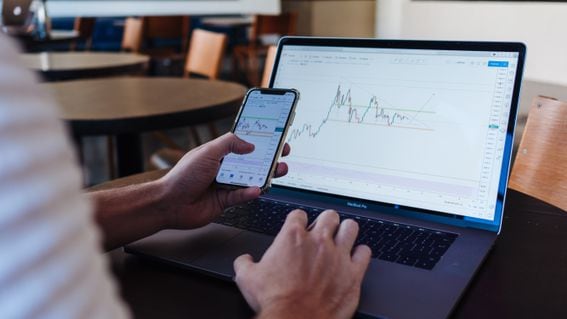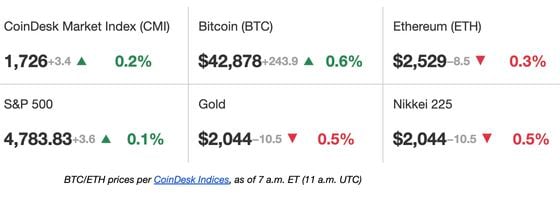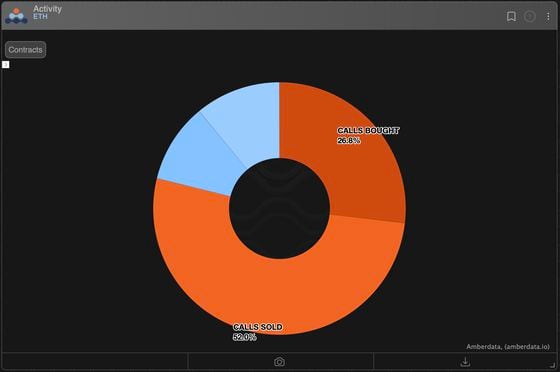Contents


10 Years of Decentralizing the Future
May 29-31, 2024 – Austin, TexasThe biggest and most established global hub for everything crypto, blockchain and Web3.Register Now
This article originally appeared in First Mover, CoinDesk’s daily newsletter, putting the latest moves in crypto markets in context. Subscribe to get it in your inbox every day.
Latest Prices

Top Stories
Bitcoin (BTC) has come under pressure since spot exchange-traded funds (ETF) began trading in the U.S. last Thursday. Data tracked by Paris-based Kaiko shows the selling pressure has been concentrated on Binance, the leading crypto exchange by trading volumes, OKX, and Upbit. Bitcoin, the leading cryptocurrency by market value, changed hands at $42,700 at press time, representing a 12% drop from the high of $48,975 reached Thursday. The price drop seems to have stemmed from traders taking profits on long (buy) positions initiated in anticipation of ETFs’ debut. An indicator called the cumulative volume delta (CVD) shows traders from Binance led the so-called “sell-the-fact” pullback in bitcoin. The CVD tracks the net difference between buying and selling volumes over time, offering a total of net bullish/bearish pressures in the market. Positive values indicate excess purchase volume, while negative values suggest otherwise.
HashKey Group, which operates the Hong Kong-based crypto exchange, has “nearly” met its $100 million fundraising target, the firm said on Tuesday. HashKey announced the fundraising round in August, shortly after it won a license from Hong Kong’s security regulator to offer retail crypto trading. The firm did not disclose the investors in the round and now has a valuation of $1.2 billion post-raise, giving it a “unicorn” status. Unicorn is a term used to describe private companies with a valuation of $1 billion or more.
Crypto issuer Circle saw a surge in remittances flow through Asia via its USDC stablecoin, the company said in a new report highlighting how the cryptocurrency is used beyond speculative trading. USDC is a cryptocurrency pegged to the value of the U.S. dollar, and backed by liquid cash and cash-equivalent assets. In 2022, $130 billion worth of USDC flowed into Asia, the report says. According to Circle, the Asia-Pacific region accounts for 29% of all global digital currency value received compared to 19% for North America, and 22% for Western Europe. These volumes are also made up of remittance transfers, a big deal for emerging markets with a large diaspora, such as the Philippines. In the report, Circle highlighted how it has partnered with Coins.ph – an exchange based in the country – to try and capture some of this business, worth around $36 billion a year.
Chart of The Day

- The chart shows the 24-hour activity in the ether options market.
- Call selling (writing) has dominated the tape with measured activity on the buy side. A call option helps traders profit from or hedge against price rallies.
- Perhaps traders have turned cautious in the wake of bitcoin’s price pullback, or holders may be selling calls as a part of the covered call strategy to generate an additional yield.
- Source: Amberdata
Trending Posts
- Tether Hits Back at UN Report Alleging Role of USDT in Illicit Activity in East Asia
- Solana Mobile to Sell Second Crypto Smartphone: Source
- Fantom Slashes Validator Staking Requirements by 90%, FTM Prices Unchanged
Edited by Parikshit Mishra.

